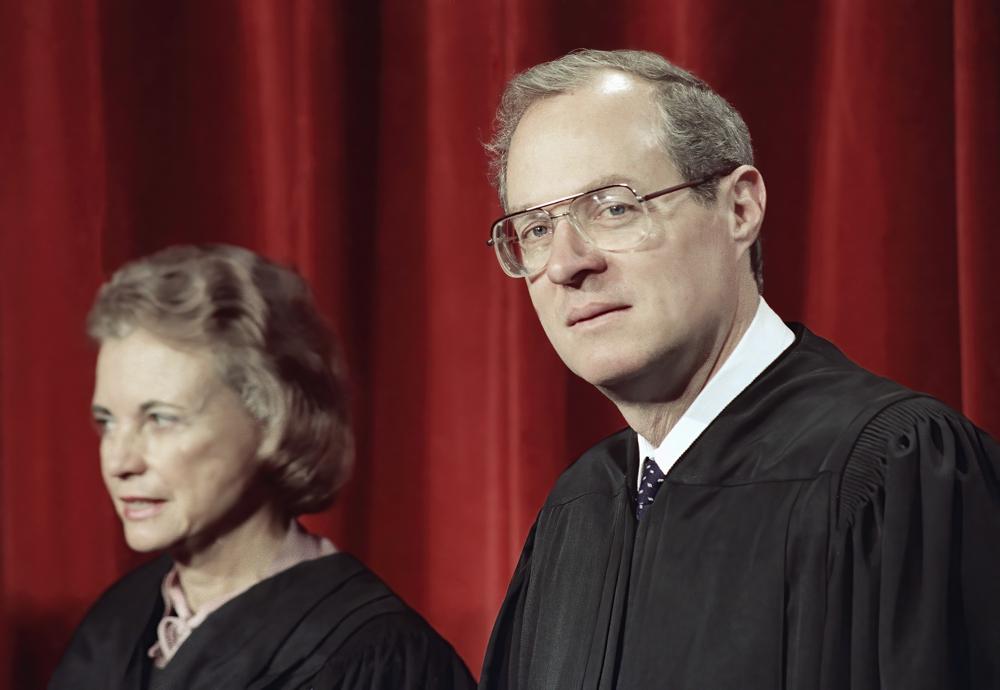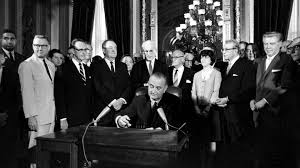
WASHINGTON — For years, the Supreme Court moved to the left or right only as far as Justices Sandra Day O’Connor and Anthony Kennedy allowed.
They held pivotal votes on a court closely divided between liberals and conservatives. Now, though, a more conservative court that includes two men who once worked for Kennedy at the high court is taking direct aim at major opinions written by the two justices, now retired.
The court already was weighing a dramatic rollback of abortion rights when last week, it added cases that could end the use of race in college admissions and limit the reach of the nation’s main water pollution law, the Clean Water Act.
Kennedy or O’Connor, or both, wrote the opinions that have been called into question on all three topics.
“It’s just evidence that the middle or center of the court has moved dramatically right,” said Leah Litman, a University of Michigan law professor who once worked for Kennedy.
Since Kennedy and O’Connor played pivotal roles in some of the court’s biggest decisions, Litman said, “it’s not particularly surprising to see some of those decisions come under attack.”
A decision on abortion is expected by early summer. The other issues are expected to be argued in the fall and decided by June 2023.
Following Justice Stephen Breyer’s announcement that he is retiring, a new justice is expected to be on the court when it hears the affirmative action and water pollution cases in the fall. But the change is unlikely to affect the outcomes or the balance on a court that will retain a 6-3 conservative majority.
The first woman to serve on the Supreme Court, O’Connor let it be known more than 12 years ago that she was not happy to see her work being “dismantled” by a court that grew more conservative when she retired in 2006 and was replaced by Justice Samuel Alito.
“What would you feel?” she said at a College of William & Mary event in Williamsburg, Virginia, in 2009, when asked what she thought about recent abortion and campaign finance rulings that would have come out differently had she remained on the court. “I’d be a little bit disappointed. If you think you’ve been helpful and then it’s dismantled, you think, ‘Oh dear.’ But life goes on. It’s not always positive.”





